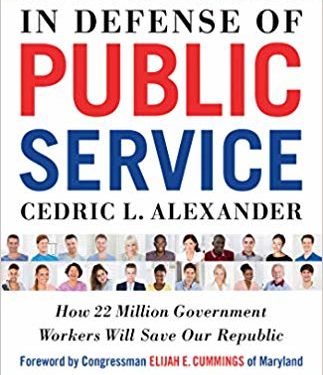Dan Zak in The Washington Post muses on the role of whistleblowers:
The whistleblower has gotten into the president’s head. In a Cabinet meeting Monday, Trump referenced whistleblowers 15 times. “You know, these whistleblowers, they have them like they’re angels, okay?” he said.
In a way, whistleblowers are like angels, looking after the well-being of government and corporations on behalf of the public — which may never be aware of their existence, let alone their names. They report waste, fraud and abuse on a daily basis, all across Washington and the private sector. Federal whistleblowers made over 3,300 disclosures in fiscal years 2017 and 2018. Members of the intelligence community made 563 outreaches to their own whistleblowing hotline in fiscal year 2018, and are on pace to exceed that number this year.
The piece includes a quote from NWC chair Stephen M. Kohn: “You can’t have a government based on rule of law unless citizens can freely report potential violations of the rule of law.”
Also in the Post today, an op-ed adapted from a foreword the late Elijah Cummings wrote for the forthcoming book, In Defense of Public Service: How 22 Million Government Workers Will Save Our Republic,” by Cedric L. Alexander.
When people in the leadership of the nation attack our courts, the members of our Congress, our civil servants and our media, they are attacking the glue that holds our diverse nation together as the United States of America.
And when these attackers do so on the basis of factually unfounded opinion, rather than verifiable evidence, they are engaged in demagoguery of the most dangerous sort.
This is why our civil service, committed to maintaining the rule of law and decision-making based on verifiable facts, is so important to maintaining the legitimacy of our government, both elected and appointed.
Under our democratic republic, elected leaders make policy but must rely on civil servants, appointed on the basis of merit, to implement those public policies. We must rely on the expertise of our merit-based civil service if we wish to have a government that addresses the factual realities of our lives (to the extent that human beings can ever achieve that goal).




